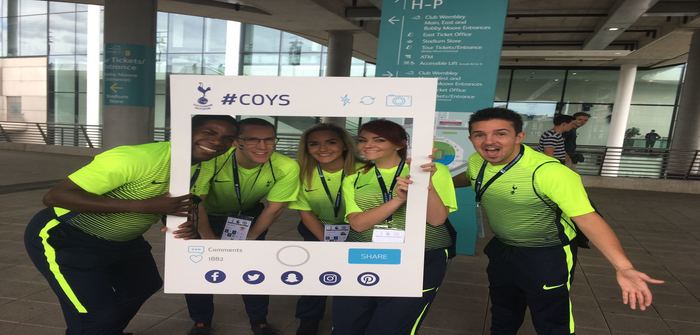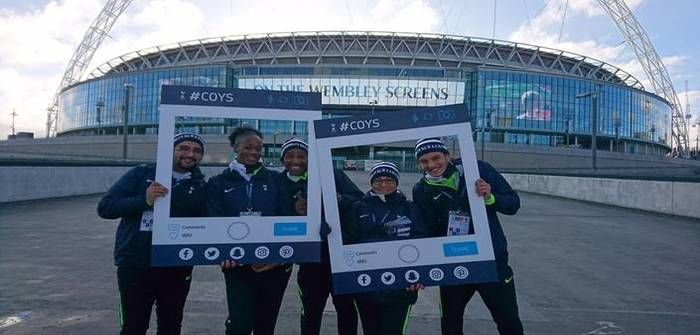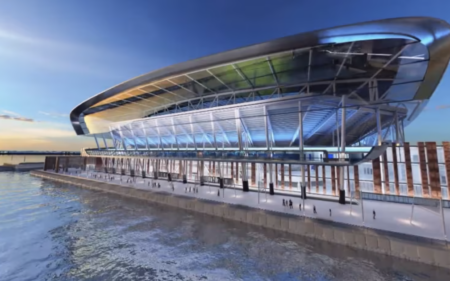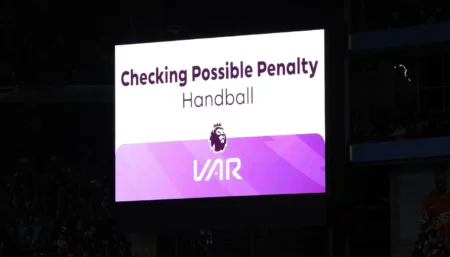Stadia, venues and events organizers need to up their game if their offer is to appeal to millenials, says Dorian Payne, head of operations at StreetPR
Marketers usually presume millennials only communicate via digital channels – but while it’s true that they love their mobiles and their social media, they also crave experiences, which they then share via the same networks.
That means that millennials value brands that create a whole world around the product or service they are selling, rather than working on purely functional values. So Coca-Cola is no longer about taste or refreshment, it’s about a lifestyle, while the Heinz Beans brand is about family and relationships, for example.
This applies even when what’s being marketed is already an ‘experience’ – like sports fixtures or music gigs. Stadiums, venues and events organizers need to stop thinking of football matches and music gigs, for example, as products whose success is based on the number of seats sold.
Instead, they need to view them as experience packages, where the match or the concert is a major factor, but wrapped up in a whole range of other activities aimed at engaging fans and extending their enjoyment before and after the event. A wrap-around online and social media package gets fans to do much of the organizer’s work, by sharing everything with family, friends and contacts.
Last year, for example, English soccer side Tottenham Hotspur FC recruited teams of ‘fanbassadors’ to welcome supporters to its temporary home, Wembley Stadium. They were deployed outside the stadium, as well as internally on Level 5, in the hours before kick-off. Their role was to meet and greet fans, hand out large flags for behind the goals, distribute posters and offer face painting for youngsters. They also collected names and contact details of fans interested in signing up for membership.
If you create exciting and interesting activities in stadiums and venues, particularly if you relate them to what is going on when fans are present, events organizers will build the kind of relationship needed to have with millennial consumers.

This is evident at key sporting events or the concerts featuring big stars. People don’t just turn up, passively watch a match or listen to a concert and then go home. With today’s security demands, they may have to turn up hours beforehand, and they won’t always be able to simply exit and catch a bus or train. More and more, people have to budget extra time before and after events. They need to be engaged and entertained during that time – and they want the opportunity to interact with other fans, enjoyably and safely.
Also consider the fact that the business model for sports clubs and music events now includes a need to sell merchandise to the fans – so clubs and stadiums want people to spend longer in and around the venue.
We’ve also seen the growth of the ‘fan zone’ – spaces outside the stadium or venue featuring entertainment and services for fans, often including large screens that display coverage of the game or the entertainment inside, for those who haven’t been able to get tickets.
This is exactly what millennial consumers increasingly expect. With this audience, it’s all about the fan experience – so in addition to digital channels, if they want to interact with millennials on an emotional level, teams and organizations need trusted, professional, trained brand ambassadors who reflect their brand values.
March 8, 2018





